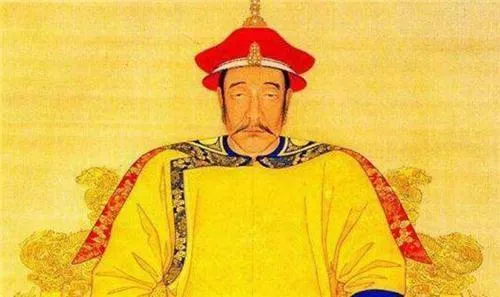Nurhaci is a wild boar skin? Why did the Tunguska people love to use animal names?
The word "Tunguska" has appeared in modern times, and its meaning has been interpreted differently, such as "pig people" and "Hu people of the East".
The ancient Tunguska Manchus were very fond of naming newborns with various animal names or certain parts of the animal's body. For example, in the early Qing Dynasty, the Yellow Banner man Shu Mulu's Lengri, meaning "giant rat".
Nurhaci's parents want their son to be as brave as a wild boar in the forest, as tough and durable as a wild boar skin (thick, tough).
Nurhaci's younger brother Shulhazi means "little wild boar skin", and the other brother, Yarhazi, means "leopard skin".
Nurhaci's fourteenth son, Dolgun, means badger. His nephew Amin's son, Gulmahun, means rabbit.
His eldest grandson Dudu means spotted finch. His nephew Kur tangled, meaning grey crane. The names of the brothers, descendants and nephews of the Nurhaci family mentioned above are all related to animals.
After the middle of the Qing Dynasty, under the influence of Han culture, Manchus began to gradually change Manchu surnames. First of all, the Manchu surname was crowned with a Chinese character surname, and then the Manchurian name was gradually named according to the Han custom, which completely changed the backward customs of Manchuria of "calling names without surnames" and "fathers and sons with different surnames".
The folklore of the Tunguska tribes of Zhengzhi, the Xianbin Record, the custom of Jurchen, "good breeding, eating meat and clothing", which is similar to the above folklore. Nurhaci means Tunguska wild boar skin.
Comments on Nurhaci:
Li Hualong, Shangshu of the Ming Army: "(Jianzhou) lists accounts like clouds, accumulates troops like rain, practices conquest every day, and fortifies high cities... China has nothing to do, and will not move lightly; Whenever there is a problem, the one who is the culprit must be this person (Nurhaci). ”
Lee Min-hyun, a Korean: "The slave chief is a man who is fierce and violent, although his wife and his relatives rarely have any remorse, that is, they are killed, and they are not afraid..."
Kim Young-ri, the envoy of The Korean Manchu Dynasty: "Slave chiefs are fierce in nature, they take money and obey people, they all threaten them with soldiers, everyone wants to eat their flesh, they complain about the hardships, and those who are treated are punished by heaven." ”
It seems that the name should not be messed with the name of the animal.
